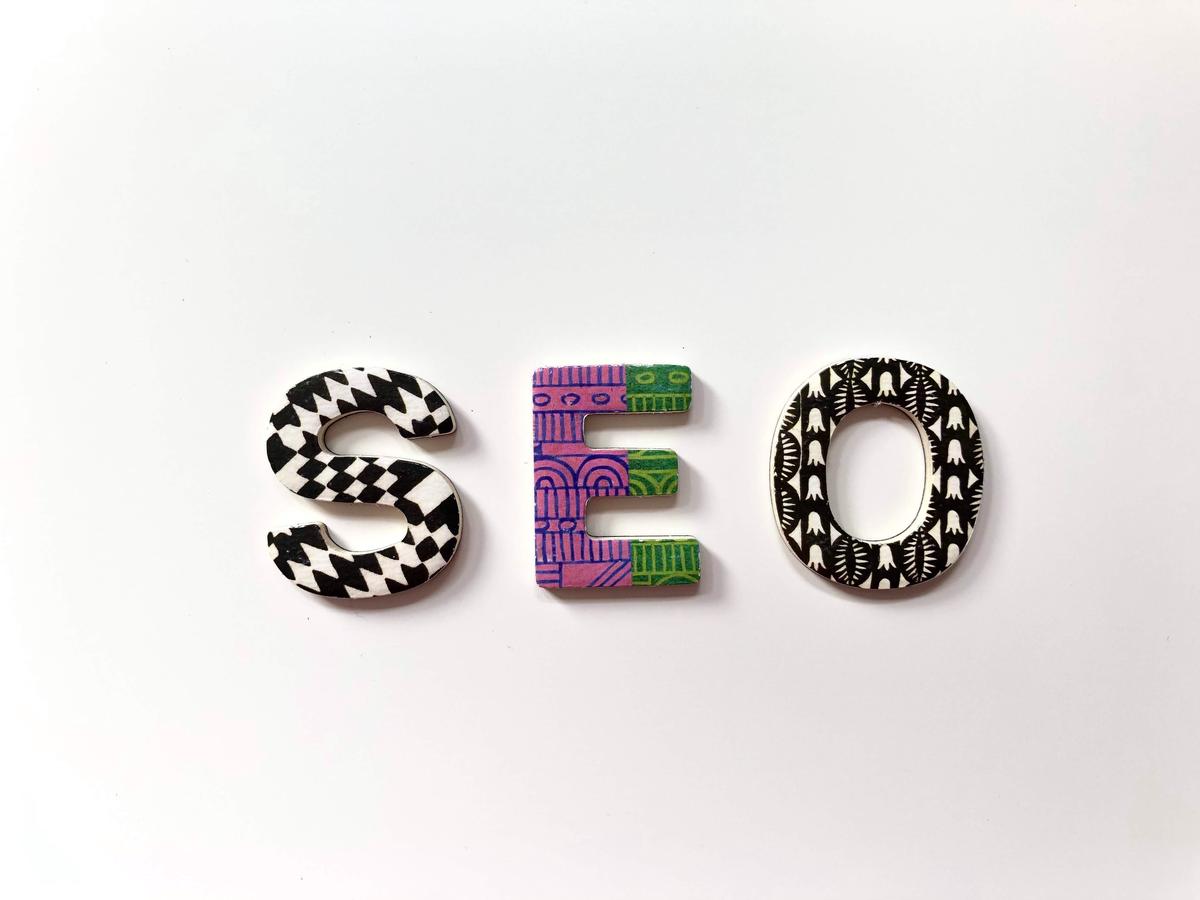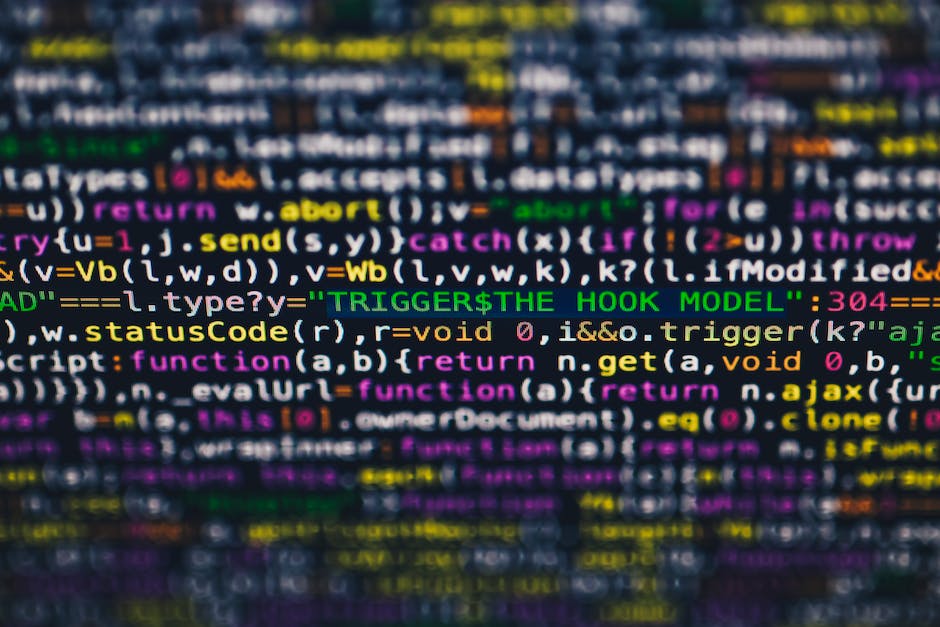Artificial Intelligence (AI) is among the most imperative technological advancements and it’s progressively making inroads in various domains, including one of the most influential spheres of the digital world – Search Engine Optimization (SEO). At the center where these two potent forces intersect, a revolutionary change is brewing that’s set to redefine the paradigms of digital marketing. With a clear understanding of basic principles of SEO and AI, this discourse will delve into this intersection, elaborating on the tangible impacts established through this symbiosis. Observing AI’s integration in SEO strategies and real-world exemplifications will present an understanding of the current scenario. Moreover, by engaging in predictive reasoning, we will peek into the prospective future shaped by the AI-SE0 synergy.
Understanding Search Engine Optimization (SEO) and Artificial Intelligence (AI)
The Integral Connection between Search Engine Optimization (SEO) and Artificial Intelligence (AI) in Modern Digital Marketing
In the endlessly evolving landscape of technology and business, the digital marketing realm remains a polysemous arena where innovation incessantly shapes the existing paradigms. Two indispensable players in this sphere are Search Engine Optimization (SEO) and Artificial Intelligence (AI). The harmonious collaboration of SEO and AI is transforming – shaping, if you will – the core of contemporary digital marketing strategies.
SEO, a well-established facet of digital marketing, refers to the disciplined technique of elevating a website’s visibility on search engines. Through meticulous key phrase analysis, relevant content creation, and data analytics, marketers magnify a brand’s online reach to their targeted audience.
On the other hand, AI, the more recent entrant, has revolutionized consumer interaction and engagement. Leveraging intricate algorithms, predictive analytics, and computing capabilities, AI aids in understanding consumer behavior, predicting trends, and creating personalized experiences. While the introduction of AI was met with apprehension from certain factions, the evidence suggests it has decisively catalyzed a new era in digital marketing.
Examining the coalescence of SEO and AI, a fascinating synergy materializes, a synergy that forms the very backbone of modern digital marketing strategies. The juncture where these two disciplines intersect, herein lies the innovative substrate on which future marketing endeavors will be erected.
AI’s predictive analysis capabilities and user behavior analysis can significantly augment SEO strategies. It provides in-depth, real-time insights into a dynamic consumer market, allowing SEO professionals to implement optimally targeted solutions. For instance, voice search, an AI-powered technology, is redefining traditional search habits. SEO strategies responding to this have shifted focus from keywords to more conversational, long-tail catchphrases, improve responsiveness, and increase search engine rankings.
Within the mighty ambit of SEO, AI also helps to automate and tailor content optimization. By gleaning quantitative data about consumer preferences and employing machine learning algorithms, AI can create highly optimized, personalized content. This range of content, otherwise an exhaustively manual process, bridges the gap between brand messaging and consumer interest, thereby escalating conversion rates.
Moreover, AI’s integration with SEO amplifies the effectiveness of data-driven marketing strategies. By streamlining data collection and analysis, AI elucidates patterns and trends in consumer behavior at a nuanced level. This intelligence empowers SEO strategists to align their efforts with shifting consumer needs better, thus escalating search engine rankings.
In conclusion, the interplay between SEO and AI is not merely a technological marvel but a potent means of enhancing digital marketing strategies. Embracing the AI-SEO confluence can elicit tangible progress in the quest for unprecedented digital marketing success. As understanding diversifies and technology evolves, so will the multifaceted application of SEO and AI in this arena. The brilliance of their synergy is yet to reach its zenith, holding enormous potential for the daring marketers ready to voyage into their depths.

The Role of AI in SEO
Delving into the transformative nature of artificial intelligence (AI) on search engine optimization (SEO) practices necessitates appreciation of its profound implications on traditional paradigms. The deployment of AI has significantly remodeled conventional SEO algorithms, ushering in an era defined by intuitive search engine interfaces, and personalized, data-centric marketing strategies. As a monumental innovation that influences multiple industry sectors, AI reinforces its crucial role in the reconfiguration of SEO.
The centrality of AI in disrupting the SEO landscape emerges clearly in its repurposing of keyword-based optimization strategies. By leveraging sophisticated semantic analysis, AI now gives precise context to the ambiguity of human language. Consequently, search engine queries are interpreted more naturally, leading to more accurate, targeted results — a seismic shift from the former reliance on discrete phrases and keywords.
The implications of AI on the customization and delivery of SEO also form a compelling case for its transformative potential. Machine learning, a subset of AI, filters the inundating reservoir of cyberspace data, delivering information that resonates with consumers’ unique preferences. Thus, web content becomes less of a hit-or-miss phenomenon and more of a structured delivery of cognitively harmonized products.
In contrast to earlier SEO practices, leading search engines now deploy AI-powered RankBrain, becoming more adept at identifying the authenticity of web content. Shunning shallow backlinks, these platforms increasingly value organic traffic, characteristic of engaging and demand-driven content. Hence, AI necessitates a shift in SEO towards producing high-quality, insightful material that captures the essence of consumer interest.
Reflecting upon the role of AI in SEO also prompts us to recognize its value in performance monitoring and evaluation. Advanced algorithms can discern patterns in web traffic, bounce rates, and other pertinent metrics, enabling us to calibrate and enhance SEO strategies with succinct, timely modifications. Notably, AI is rapidly outpacing traditional analytics tools by granting access to real-time, intuitive data interpretation.
In conclusion, the endowment of AI upon SEO practices is no minor tweak; instead, it represents a paradigmatic overhaul. Its pervasive influence reshapes our understanding of search engine algorithms, keyword optimization, content creation, customization, performance monitoring, and numerous other elements. Undoubtedly, AI infuses significant, unparalleled transformative power into the realm of SEO, instigating a new era in digital marketing. The measure of values it imparts to the dynamic world of SEO is both arduous and illuminating, but it is also a testament to how far we’ve come in our relentless pursuit of understanding and harnessing the true potential of AI. This endeavor is exploratory, fascinating, and above all, vital in keeping up with the ceaseless march of technological advancement.

Real-world Implementations of AI in SEO
In the volatile landscape of contemporary digital marketing, businesses and organizations have begun leveraging AI tools to amplify their SEO strategies. Broadly, AI’s application in SEO enfolds two prongs – facilitating better understanding of user behavior and streamlining processes inherent in optimizing web content. The marriage of AI and SEO is subtly reshaping marketing methodologies, and evidence resides in the manifold real-world applications of this formidable alliance.
Undeniably, one of the cornerstones of embracing AI in SEO strategies is the granular understanding of user intent. Simply by analyzing user search queries, AI can interpret the nuanced semantics behind the words, enabling businesses to align their content more adroitly with consumer needs. The unprecedented success story of Airbnb stands as a testament to this practice. Their innovative use of AI to construct personalized recommendations that match user intent has yielded significant growth in both user engagement and conversions.
Likewise, e-commerce giant, Amazon, has harnessed AI to revolutionize their product recommendation system. Their AI framework, accommodating a host of algorithms, insightfully provides product suggestions based on browsing patterns, past purchases, and items in the shopping cart. This sophisticated marriage of AI and SEO bestows Amazon with a competitive edge, empowering them to optimize their product visibility, enhance user experience and ultimately, augment their revenue stream.
Crucially, AI is progressively augmenting voice search optimization, which has seen a dramatic upsurge with the advent of digital assistants like Siri and Alexa. Yext, for instance, leverages innovative AI techniques to optimize businesses for voice searches. By understanding spoken language patterns, the AI platform delivers immediate and accurate responses to user queries, thereby enhancing user interaction and engagement. This creative application clearly demonstrates the synergy between AI and SEO, where AI’s aptitude to comprehend voice queries dovetails with SEO’s inherent aim of matching content with those voice queries.
Moreover, AI’s remarkable capacity for continual learning and adaptation has endowed SEO practices with a greater degree of precision and scalability. An exemplary manifestation is Netflix’s AI-powered algorithm, which employs viewer behavior and preferences to not only personalize content recommendations but also to optimize webpage content and ensure it ranks high in search engine results.
In conclusion, AI’s imprint on contemporary SEO strategies is evident and undeniable. Its endowment to redefine and refine marketing practices manifests in the growing roster of success stories from across diverse industry sectors. As this formidable partnership continues to evolve and mature, the digital marketing landscape looks set for consistent innovation, braced by the deft marriage of artificial intelligence and search engine optimization.

Future Prospects of AI in SEO
As we examine the evolving intersectionality of artificial intelligence (AI) and search engine optimization (SEO), transformative scenarios of tomorrow take shape. The unfolding narrative of AI-powered SEO presents a landscape wherein conventional methodologies are moderated and where intricate, data-driven models reign in an era of unprecedented innovation.
Foreseeably, one evolution will be AI’s nuanced interpretation and categorization of online content. Semantic analysis, a branch of AI that deals with the understanding of natural language, will refinery keyword-based methodologies, gradually pivoting towards a system that understands context and user intent in a multidimensional manner. AI’s capability to glean insinuations will potentially enhance the depth of understanding, leading to a granular interpretation of user intent. This highly sophisticated mechanism will revolutionize how content is tailor-made, initiating personalized content recommendations with exemplary precision.
Furthermore, the revolution of product recommendation systems is on the horizon. AI’s superior ability to learn and adapt will create highly reliable, user-centric models that strategically align SEO efforts with user behavior, thereby driving conversion rates while optimizing user experience. Incorporating AI into these systems would mean less reliance on hit-or-miss guesswork and more on data-backed intelligent decisions.
Concurrently, AI will pave the wave for voice search optimization. As voice-activated digital assistants become household utilities, it is reasonable to anticipate a substantial shift in SEO strategies. Localized, conversational search queries will occupy a more significant stature. SEO powered by AI will extrapolate beyond keywords, interpreting speech patterns, learning dialects, and adapting to slang, therefore amplifying the importance of natural language processing capabilities in SEO.
Lastly, AI’s most profound impact would reside in its ability to learn, adapt, and optimize continually. Current SEO practices lean towards static strategies, primarily due to limitations in processing and interpreting vast amounts of data. However, with the advent of AI-powered SEO, strategies will become dynamic constructs, flexing and adapting as per ever-evolving market trends, customer behaviors, and algorithm updates.
Intrinsically, the fusion of AI and SEO unveils an exciting prospect that intertwines our digital marketing strategies with the trajectory of advanced technology. It’s not just about smoothening the road for marketers but also about creating a more meaningful, intuitive, and personalized experience for end-users. As the echo of this advancement reverberates across the digital landscape, one point becomes unequivocally clear – the future of AI and SEO is not a mere intersection; it’s an intricate dance of syncretic progression.

Through an analytical journey, we have illuminated the intricate complexities and dynamics of AI’s involvement in the SEO realm. By combining the theoretical principles and actual case studies of AI application in SEO, an understanding of the current relationships between these two concepts and their impact on the user experience has been established. Furthermore, with predictive analysis, it’s conspicuous that AI’s impact on SEO is a continually expanding horizon, and staying abreast with this changing landscape is key for gaining an edge in the digital world. As we anticipate the advancements and possible shifts in the field of SEO due to AI, equipping ourselves with knowledge and preparedness paves the way for potential opportunities.






